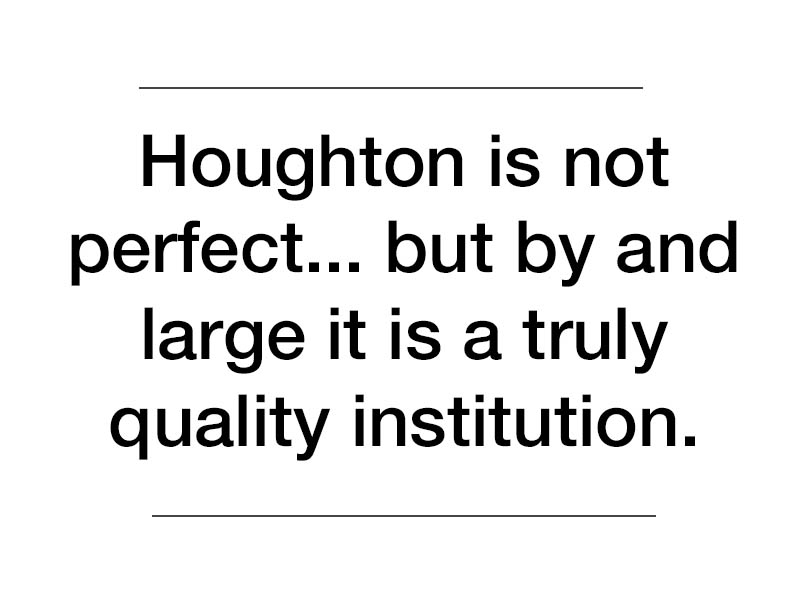Category: Opinions
November 02, 2013
Opinions
In Yourself Right Now Is All the Place You’ve Got
Independence is a value we need to revive in our society. Individuals are primarily valued in the context of others,…

November 02, 2013
Opinions
Woes of the Privileged Dependent
As dependents we like to complain. Or rather, as the privileged we like to complain, because it really is a…
November 02, 2013
Opinions
Worshipping Sentimentality
In the beginning of October, Lenny Luchetti spoke in chapel on the virtues of worshipping God with the head as…
October 26, 2013
Opinions
Doubt Suspended in Confidence
Season seven, episode seven of the Fox series Bones features a nine-month pregnant Dr. Temperance Brennan wading through a crowded…
October 26, 2013
Opinions
I Dare You
Truth or dare? Truth. That was always my answer. I was afraid of the dare. Who knew what one of…
October 26, 2013
Opinions
Be Motivated! Young People and News Engagement
When I think about news engagement (that is, how often one watches or reads the daily news), I often think…
October 12, 2013
Opinions
Rethinking the Houghton Community
Community. You can get your token laugh-of-familiar-amusement out of the way now. I’m not writing about community because it’s a…
October 12, 2013
Opinions
A New Old Ecclesiology, Part 2
Last week I discussed my work as an intern at a local church and the idea of a reimagined ecclesiology.…
October 12, 2013
Opinions
The Home and the Heart
Fall break is just around the corner and masses of Houghton students will sojourn home for a few (we hope)…
October 06, 2013
Opinions
A New Old Ecclesiology
This past summer and current school year, I have been given the opportunity to work at a local church, assisting…
